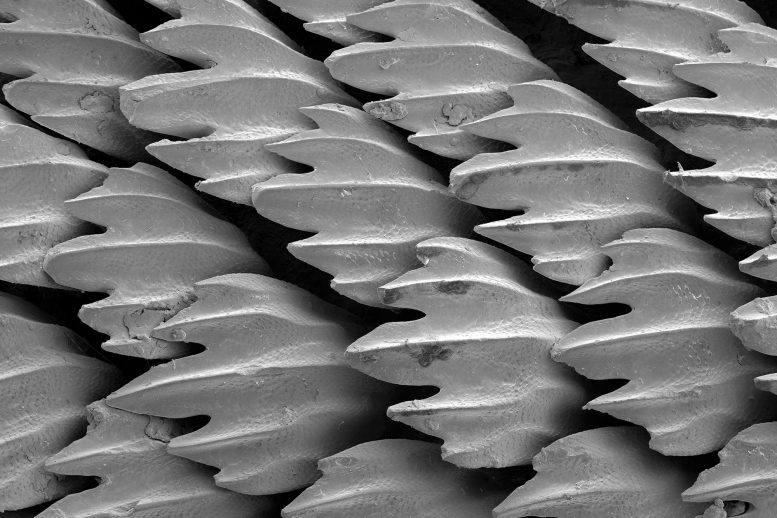
Hammerhead shark scales look more like teeth.
While regular fish have flat scales, shark ‘scales’ look more like teeth. But their denticles also cover their body and in particular influence their ability to swim. The denticles are made up of compounds containing calcium.
The increasing amount of carbon dioxide (CO2) in the atmosphere due to climate change has also led to a higher concentration of CO2 in the oceans. The CO2 dissolves in the seawater to create carbonic acid that acidifies the oceans.
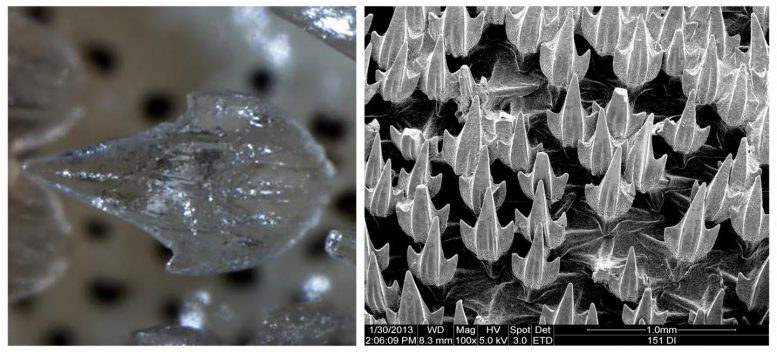
Denticles — the modified scales — of a puffadder shyshark seen through an optical microscope (left) and a scanning electron microscope (right) of CO2 exposed sharks denticles. Credit: Lutz Auerswald (left) / Jacqueline Dziergwa (right)
This higher acidity has already been found to damage the calcium carbonate in corals and other animals with calcium-based structures. The research team from three South African research institutions, from the University of Duisburg-Essen and Heinrich-Heine University (HHU) has now examined whether the more acidic seawater is also affecting sharks.
The study was performed on puffadder shysharks, which live in the Atlantic Ocean off the coast of Cape Town and are also kept in aquariums in the DAFF Research Aquarium in Cape Town. A number of sharks were exposed to more acidic water over a period of several weeks and compared with control sharks in normal seawater. After that time, the researchers found that an average of around 25 percent of the denticles had been damaged compared to a figure of less than ten percent for sharks in a benchmark group living in normal water. The harm to the group exposed to acid can be so great that it limits their ability to swim. Because the sharks’ teeth are made from a similar material, they can also be negatively affected, which can in turn have an impact on their food intake.
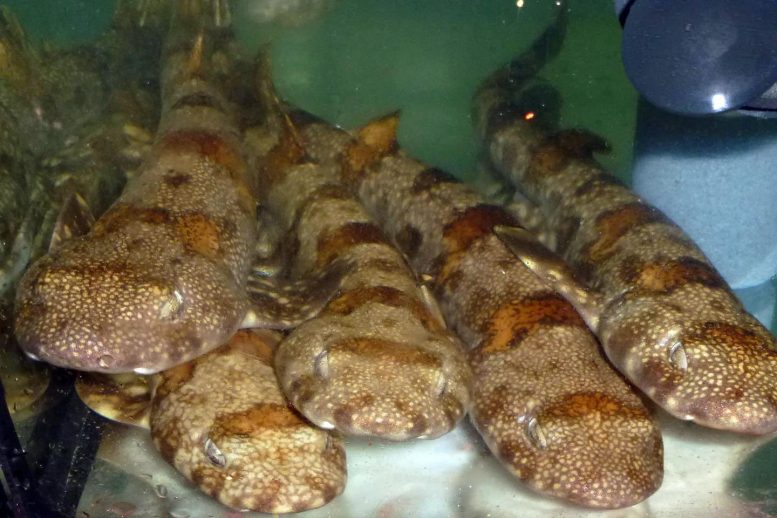
Researchers from Heinrich-Heine University examined puffadder shysharks in South Africa. They found that the sharks are being harmed by ocean acidification caused by climate change. Credit: Lutz Auerswald
In a further series of studies, the researchers analyzed the blood of the animals kept in both acidic and normal seawater. They found that both CO2 and bi-carbonate concentrations were higher in the exposed group, with bi-carbonate preventing the blood itself from becoming more acidic. This means that sharks have acid-base regulatory mechanism for adapting to the environmental conditions.
Students in the HHU working group of Prof. Dr. Christopher Bridges from the Institute of Metabolic Physiology undertook several research trips to South Africa. They carried out experiments there and took samples that they brought back to Düsseldorf and then analyzed the structure and chemistry of the samples at Heinrich-Heine University.
Reference: “Acid-base adjustments and first evidence of denticle corrosion caused by ocean acidification conditions in a demersal shark species” by Jacqueline Dziergwa, Sarika Singh, Christopher R. Bridges, Sven E. Kerwath, Joachim Enax and Lutz Auerswald, 19 December 2019, Scientific Reports.
DOI: 10.1038/s41598-019-54795-7
The research is part of the comprehensive project “BIOACID – Biological Impacts of Ocean Acidification”, which was funded by the Federal Ministry of Education and Research and to which a number of German universities and research institutions are affiliated.

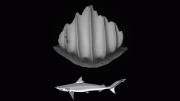



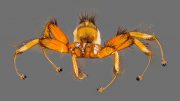



Life uhh finds a way humans says alien.